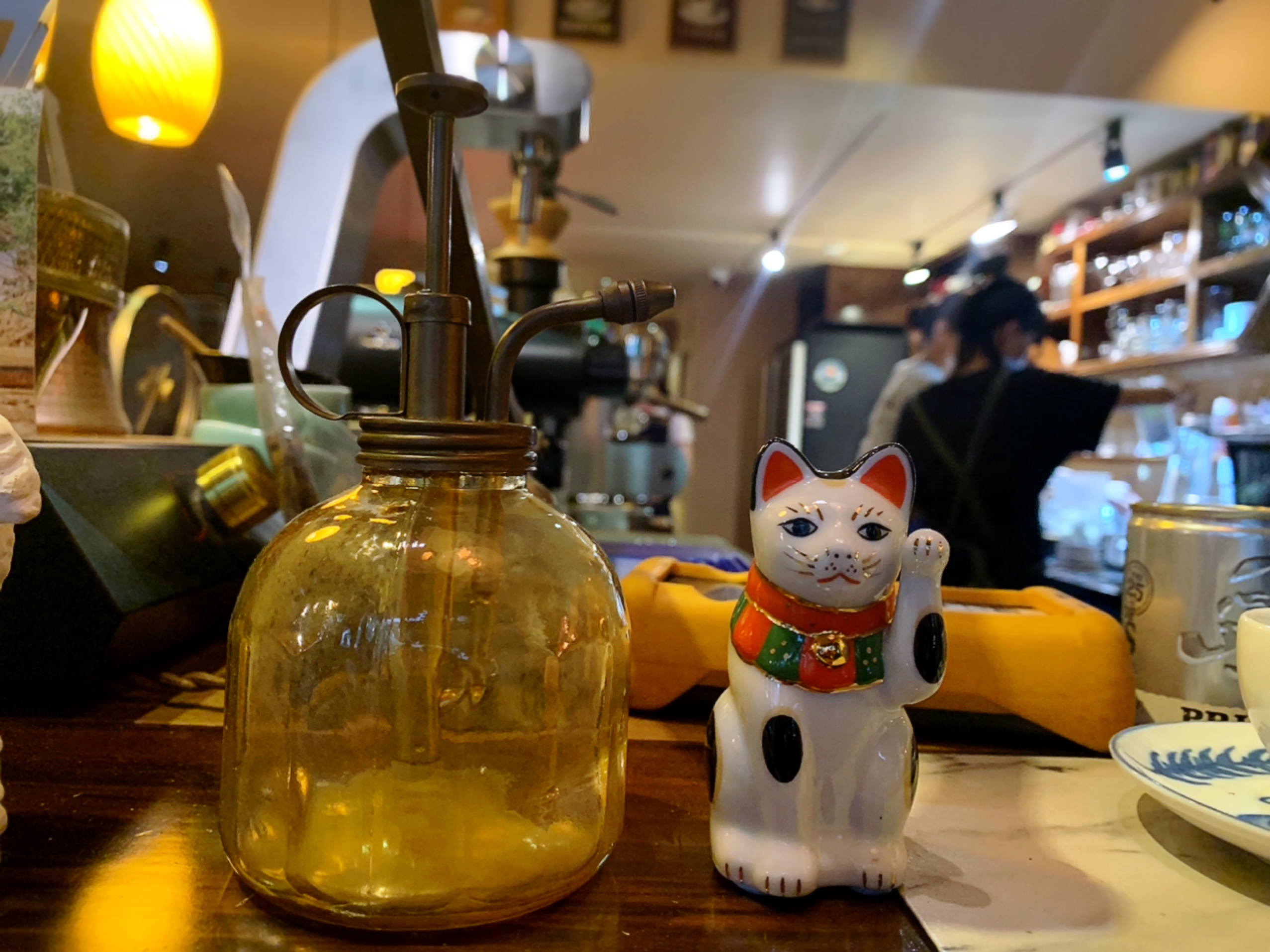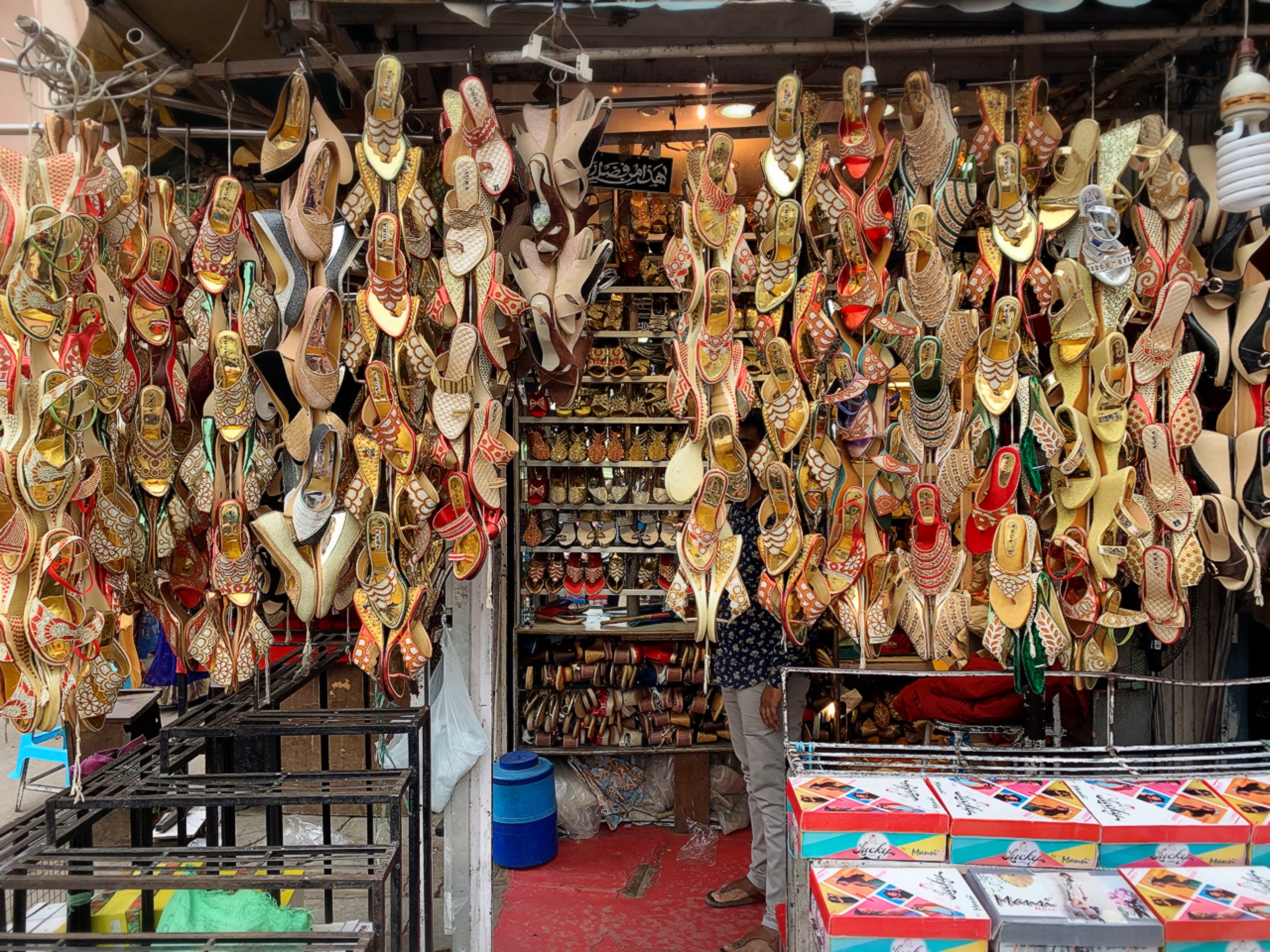Two days ago, Donovan Smith wrote a fantastic column on Ma Ying-jeou's entrée into the weird "will they or won't they" situation between the KMT's Hou You-yih and the TPP's personality cult leader, Ko Wen-je.
I'd actually missed this when it happened; I've been pulling odd hours at my many workplaces, because I've had a few career things (not bad things, as it turns out) shift in recent weeks. So, I've been a bad blogger and bad Taiwan politics follower.
In fact, I'd thought the possibility of cooperation between Hou and Ko had long passed. I am fairly sure the DPP doesn't think there will be a joint Hou-Ko ticket, either. The two parties both keep dancing around the issue, and it sure seems like they've mostly wanted the attention the speculation is bringing -- as opposed to Lai's almost absurdly boring campaign -- more than they actually want to cooperate. Campaign ads have shown different deputies in the background for each, and it just didn't look very likely that one would subordinate himself to the other.
Though, if I had to guess, I'd say Hou would be more willing to surrender to Ko than the other way around. He seems like that kind of person: not strong of character, certainly lacking an ethical compass, but generally willing to lie low and not say much. Not ruffle any feathers he doesn't need to (and even some he possibly does). Ko likes to...just sort of do what he wants, which may present a problem for cooperation and in the election generally.
That, however, is just my opinion.
As you might expect, both sides have put forth methods of determining who should lead the ticket that favor themselves. Ko's proposal makes it more likely that he'd get the presidential slot, Hou's obviously favors Hou. You can read more about it in Donovan's article; I don't need to repeat what he's already said.
Then Ma Ying-jeou entered the fray, saying he supported "purely opinion based polling" to determine who might lead such a ticket. That was rightly described as a bombshell, because Ma is a KMT stalwart. Ko generally leads in the polls, not the KMT's own Hou. (Of course Ma would never come right out and say "I support Ko over Hou").
The KMT reaction to this has been...mixed.
Ma Ying-jeou's Enemy For Life Wang Jin-pyng -- a man I don't like, but I can admire that he doesn't lie supine for Ma -- has come out and said that he supports a joint ticket where Hou leads and Ko takes the vise presidential slot, but Hou, Ma and the KMT should "think twice" before using opinion polling to cantilever Ko to the top of the ticket. He cited the backlash in the south (where rural KMT supporters would probably go for Hou but not accept Ko), that it would split the KMT, and that KMT officials wouldn't necessarily know which authority figure to follow. And you know, KMT officials always need an authority figure to follow.
Wang also pointed out that Ko is someone who does whatever he wants; he wouldn't necessarily accept sloppy seconds, but as a presidential nominee he wouldn't necessarily listen to others. (That's not an exact quote, it's an interpretation of comments he's made).
On the other hand, Han Kuo-yu has expressed support for basically whatever Ma wants. My only surprise here is that what Han Kuo-yu thinks still matters. I kid -- a little. Yet, he does still have a support base.
KMT Chairman Eric Chu's response seems more ambivalent, but nobody really cares what Chu thinks, least of all the KMT. (Again, I'm joking...kinda. He actually does seem to have political chops, well-hidden behind an aggressively Milquetoast façade).
Hou has said he "will not give up hope" in the face of such cooperation and he hopes the result will "meet everyone's expectations", which sounds like a very Hou, and very Taiwanese, thing to say. The two sides will talk tomorrow in a meeting that will be attended by Ma Ying-jeou, and take place at the (barf) Ma Ying-jeou Cultural and Educational Foundation. A place that sounds like my personal idea of hell...but anyway.
Clearly, Ma is trying to force this union and seems to be willing to go to great lengths to do so. He's got his fingers all up in this thing.
I'm hardly an expert, but here you are reading this so please enjoy some wild speculation about why this might be. Why would a blue-from-birth KMTer like Ma pivot to Ko and get his weird bald minion to go along with it?
First, I've said basically forever that KMT Chairman Eric Chu, along with Hou You-yih and honestly much of the KMT, are basically Ma Ying-jeou's puppets (傀儡). I'm not the only one who's said this, either. Friends have disagreed, pointing out that they come from different factions within the KMT.
Thus, the simple explanation would be that Ma wants two things: power for himself, and to defeat the DPP. Okay, three things: he's also a dirty unificationist.
It's been widely reported that Liou Chao-hsuan -- I don't think that's the romanization he prefers but let's go with it -- Ma's former premier, is the "driving force" behind the whole idea. I don't buy this for even a second: it reeks of Ma's dirty fingers. Liou is a feint. A ruse. A decoy.
And if Ko on top is the ticket most likely to defeat the DPP, Ma might just decide he loves power more than he loves party loyalty.
Ma's own chances of having a say over national policy, and of Taiwan moving in a more pro-China direction, are better if the DPP loses by any means necessary. Quite possibly, he would have preferred to control Hou at the top. Sensing that might not be possible, he's just as willing to do Ko a favor, get him to the top, and thus be 'owed'.
This is probably not the entire explanation, but I doubt it's entirely untrue, either.
There is likely some factional infighting going on. There always is, with the KMT. (The DPP seems to have somewhat beaten back their own factional struggles, for now). Perhaps Ma thinks he can supercede all of the squabbling factions by using his power and influence to crown Ko, a man entirely outside such factional struggles. Certainly the deep blues who follow Ma don't care for the more 'local' Hou, and I doubt Hou cares much for them, either.
I suspect that if this is the case, Ma doesn't know what he's getting into with Ko, a man who is happy to take the support given to him but never pay it back.
You know, like he did with the Sunflower zeitgeist that helped him get elected in Taipei.
Considering the way he's treated the Sunflowers since, it surprises me that he seems to be the 'youth candidate'. Quite literally, but why tho? He's not young and doesn't represent their interests. All he has to offer is that he's not from one of the stodgy older parties; being "not those other guys" with no clear notion of why he's better shouldn't be enough.
Regardless, I am not entirely sure that Ko will feel obligated to submit to Ma even if Ma does propel him to the top of the ticket. I'm also not sure Ma understands that, because he doesn't seem to realize there are people he can't control. Certainly he wants to shove unification down the throats of a Taiwanese public that does not want it.

I'm sure Donovan will cover the factional angle in more depth; I'll leave him to it. It's not my area of expertise.
I also can't help but think there's a China angle here. I know it's kind of lazy to take every little thing that happens in Taiwanese politics and say "yeah that's China's meddling", but sometimes it really is China's meddling!
The biggest potential winners in a Ko-Hou ticket (as opposed to a Hou-Ko ticket) are Ko, Ma, and possibly Han Kuo-yu. Why Han? Because Wang Jin-pyng is probably right that the rural south isn't going to take kindly to such a ticket, and they'll need to bring out all the Han stans to win back that vote. That will help Han tidy up the reputation he marred a bit when he lost the 2020 election by such a humiliating margin.
You'd think Han's reputation would have been marred by the time he literally killed a guy well before losing an election, then losing the election he'd previously won, but whatever. Ma will certainly give his weird little minion some kind of treat for it.
When I think of those three men, I think of Chinese backing. Do I even need to cite the notion that Ma is cooperating with the CCP? I mean, he doesn't try to hide it. If there's one thing Ma likely wants more than his own power and influence, it's for the CCP to get its tentacles into the brains of Taiwanese youth.
It's been speculated quite a bit that Han Kuo-yu's weird (I'm sorry, that guy is weird, everything about him is weird, I will never stop saying this) return to power was due in great part to Chinese funding. I mean, is it even really 'speculated' anymore? Perhaps there was also a factional angle -- there always seems to be -- but more likely than not it came down mostly to a CCP-backed effort. They saw in him a pro-China, Trump-like dullard whom they'd barely have to control because he was already in bed with them.
As for Ko, it's been speculated that he's long since switched from green to light blue to (potentially) red. He was recently seen campaigning with New Party (and dirty unificationist) Chiu Yi, a man Ko once called "like a CCP nominee". Chiu Yi is almost too red for the KMT, but here he is actively supporting Ko, hosting "fan meetings", the works.
If you think the support of one guy doesn't say much, I disagree. The support of this one particular guy says a lot. This is the dude who said that Taiwan independence activists deserve to be "beheaded"! Ko has also been seen associating with Terry Gou. You know, the Foxconn founder, rich asshole and presidential nominee nobody really cares about. Terry Gou, who is so relentlessly pro-China that it's almost comical.
There's a lot more I could say here. There are still questions about Ko's comments regarding China ("we're all one family"), his family's investments in China, and his actions while attending events in China. He's even come out and said China wants him to run for president!
If we take for granted that China is interfering in this election because they try to interfere in every Taiwanese election, and we note that the people (and one weird minion) at the forefront of this push for a Ko-topped ticket are all either suspected or outright known to be in China's pocket, then it's not a big leap to think this whole rigmarole is a China-backed push to get someone it can control in power.
That Ma wants power too is almost secondary, in this case. He's happy to be the CCP's slimy bootlicker regardless.
I'm not convinced these three options exist independently of each other. Ma wanting power and a defeat of Lai, factional struggles within the KMT and funding, disinformation and other election manhandling by China all seem to co-exist in every other election. Why not this one?
Potentially, the only difference regarding the 2024 election is that Ko has turned from a potential 'youth candidate' who could take the light blue/don't like Hou and light green/don't like Lai votes into a straight-up CCP agent, with known CCP agent Ma Ying-jeou at his back. And perhaps the incentives -- power, money, the usual -- from China are getting sweeter.







